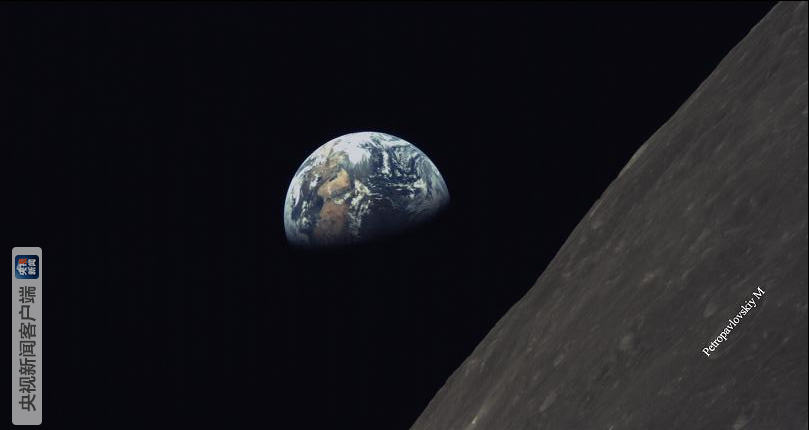- Sep 6, 2005
- 144,845
- 94,709
- AFL Club
- Fremantle
in either model, its a hellish place to visit even with modern technology. definitely not "easy" to delve deeper and depper to try and find an ice wall if it existed, as it woupd apparently cover hundreds or thousands of miles beyond explored territory.Ha, you assume Antarctica is even real.







